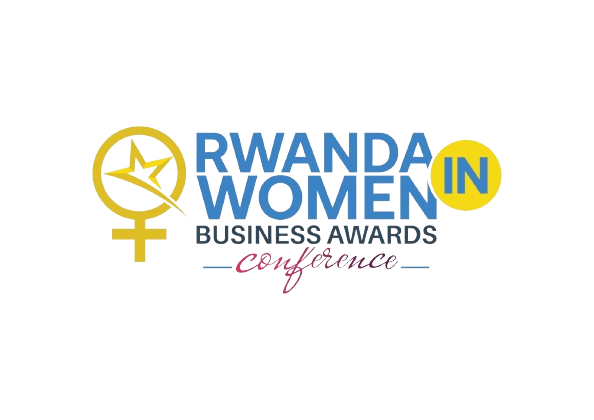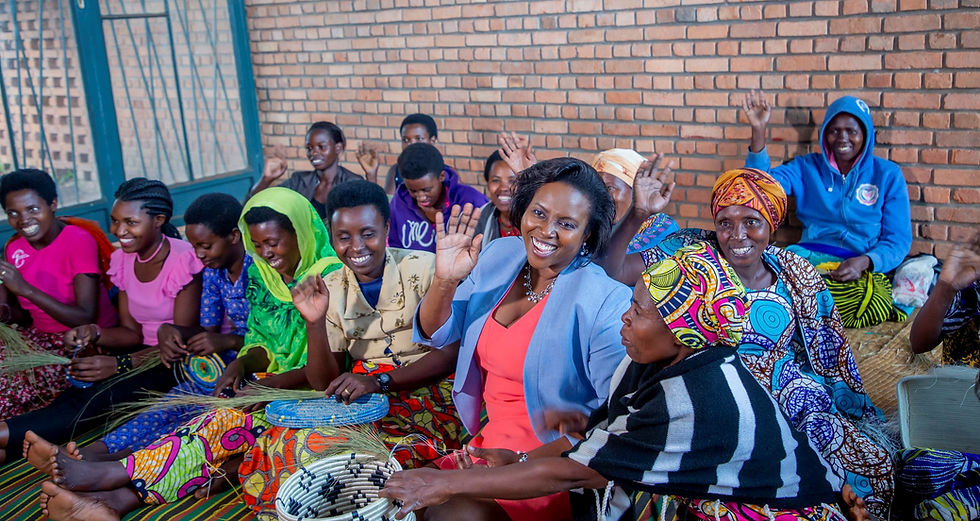
30 years on, Rwanda stands out globally for advancing gender equality and women’s empowerment (GEWE), principally in political participation. Almost two-thirds of its parliamentary seats and 52 percent of cabinet positions are held by women. Noteworthy progress has also been made in many sectors.
According to the Global Gender Gap Report 2020, Rwanda was ranked among the top 10 countries in 2020 to have narrowed the gender gap. Rwanda’s achievements include declining maternal mortality rates brought about by women’s improved access to quality and affordable health care. Globally. Maternal mortality in Rwanda is lower than its regional average. In the past decade, Rwanda achieved notable advancement in reducing maternal mortality rates by 24%, lowering them from 482 to 203 per 100,000 live births
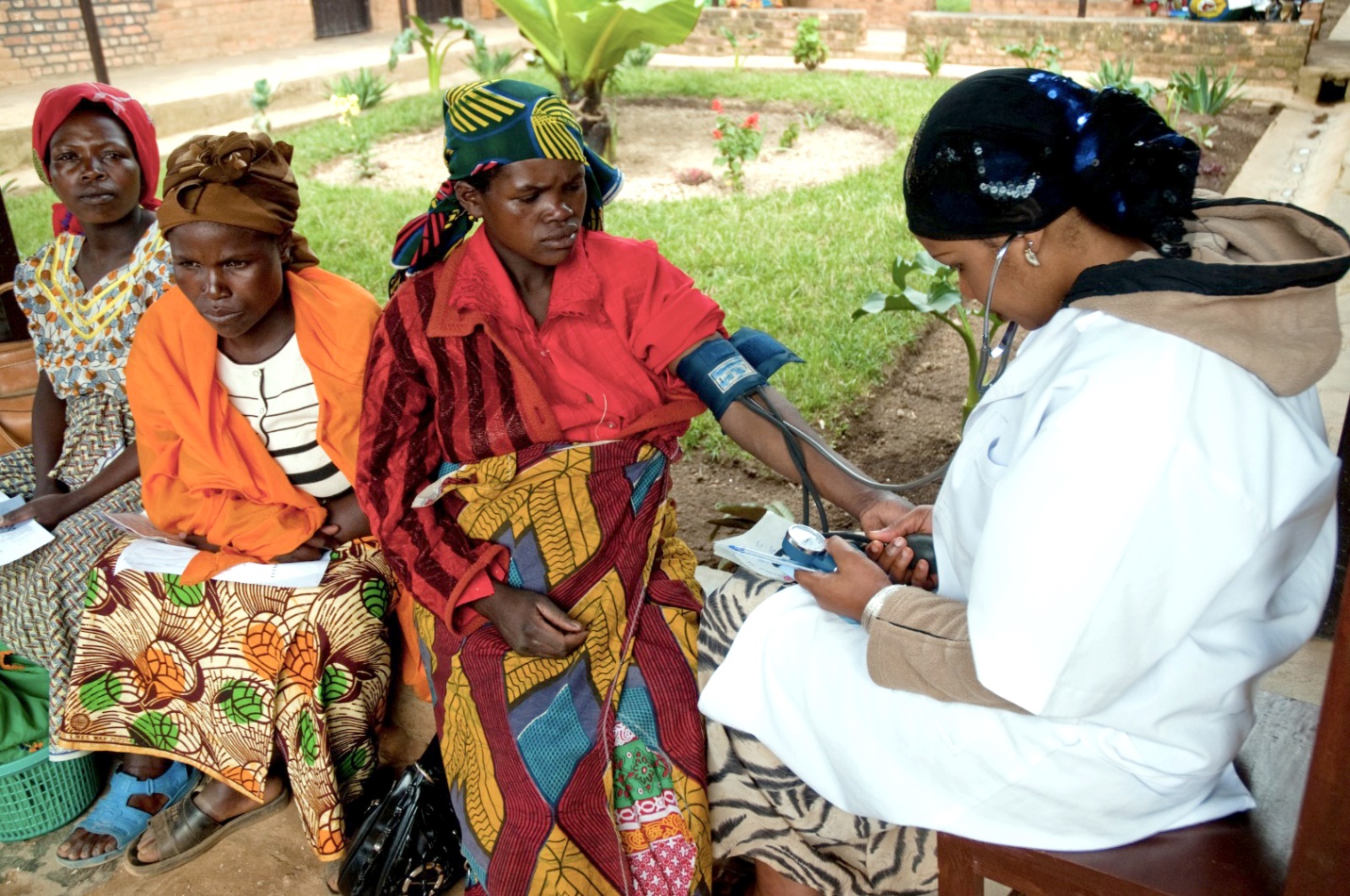
Access to safe, voluntary family planning is women’s right. Family planning is important to gender equality and women’s empowerment, and it is a major influence in reducing poverty. In the past years, the Government of Rwanda has played a critical role in the FP2020 partnership when the country joined as one of the commitment-making countries.
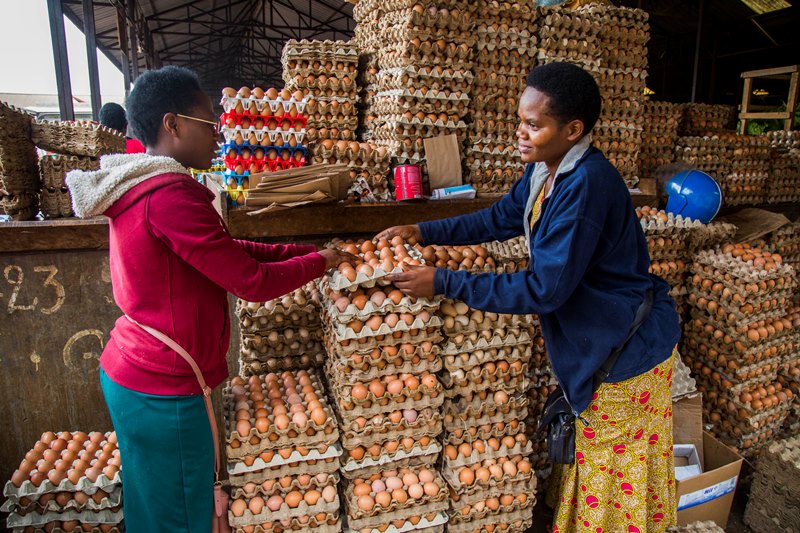
Women have been empowered to do profitable businesses to improve family well-being
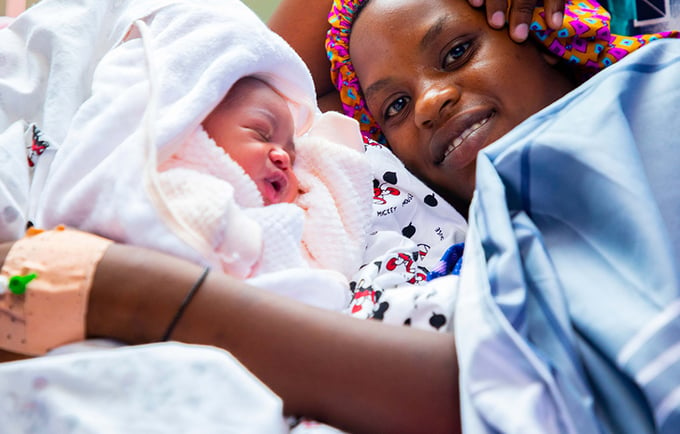
On 28 April 2022, the Government of Rwanda through the Ministry of Health in partnership with UNFPA and other partners launched the new National Family Planning commitments to expand access to family planning for women and girls throughout the country over the next ten years.
Rwanda is leading the HeForShe Campaign with over 200,000 signatories and three commitments bridging the gender digital divide by 2020, tripling girls’ enrolment in TVET, and eradicating Gender-Based Violence.
Following the global launch of the HeForShe campaign in September 2014, the launch of the IMPACT 10x10x10 in January 2015, and the announcement of H.E. President Paul Kagame in June this year that he has joined UN Women’s HeForShe solidarity movement as an IMPACT 10x10x10 champion, Rwanda officially launched its HeForShe campaign and flagged off the implementation of its IMPACT 10x10x10Program.
Rwanda is leading the way, as one of 10 countries in the world that have committed to take bold, game-changing action to achieve gender equality through the IMPACT 10x10x10 program, which engages governments, corporations, and universities to address deficiencies in women’s empowerment and gender equality. Today each sector identifies approaches and implements plans for addressing gender inequality.
More recently, the country took the lead on the Generation Equality Action Coalition Technology and Innovation for Gender Equality and committed to closing the digital gender divide by 2026.
Rwanda has worked hard to end Gender Based Violence (GBV). GBV negatively affects women and girls’ general well-being and prevents them from fully participating in different spheres of society. It impacts their families, their community, and the economy at large. Despite legislative advances, GBV remains pervasive and a daily reality in the lives of many women and girls in Rwanda. Many women and girls have experienced multiple and intersecting forms of violence and oppression including intimate partner violence, sexual violence, and early and forced marriage.
Rwanda is working to create a safer community for women and girls by putting up prevention strategies that address the root causes of inequality and GBV, engaging legislators to pass tougher laws, strengthening the capacities of institutions to mitigate GBV, and equipping women and girls and particularly the most vulnerable with the knowledge and information to speak up, claim their rights and obtain assistance when they need it, supporting the production and availability of quality disaggregated data on prevalence of GBV, and access to coordinated, survivor-centered, comprehensive, quality and affordable services.
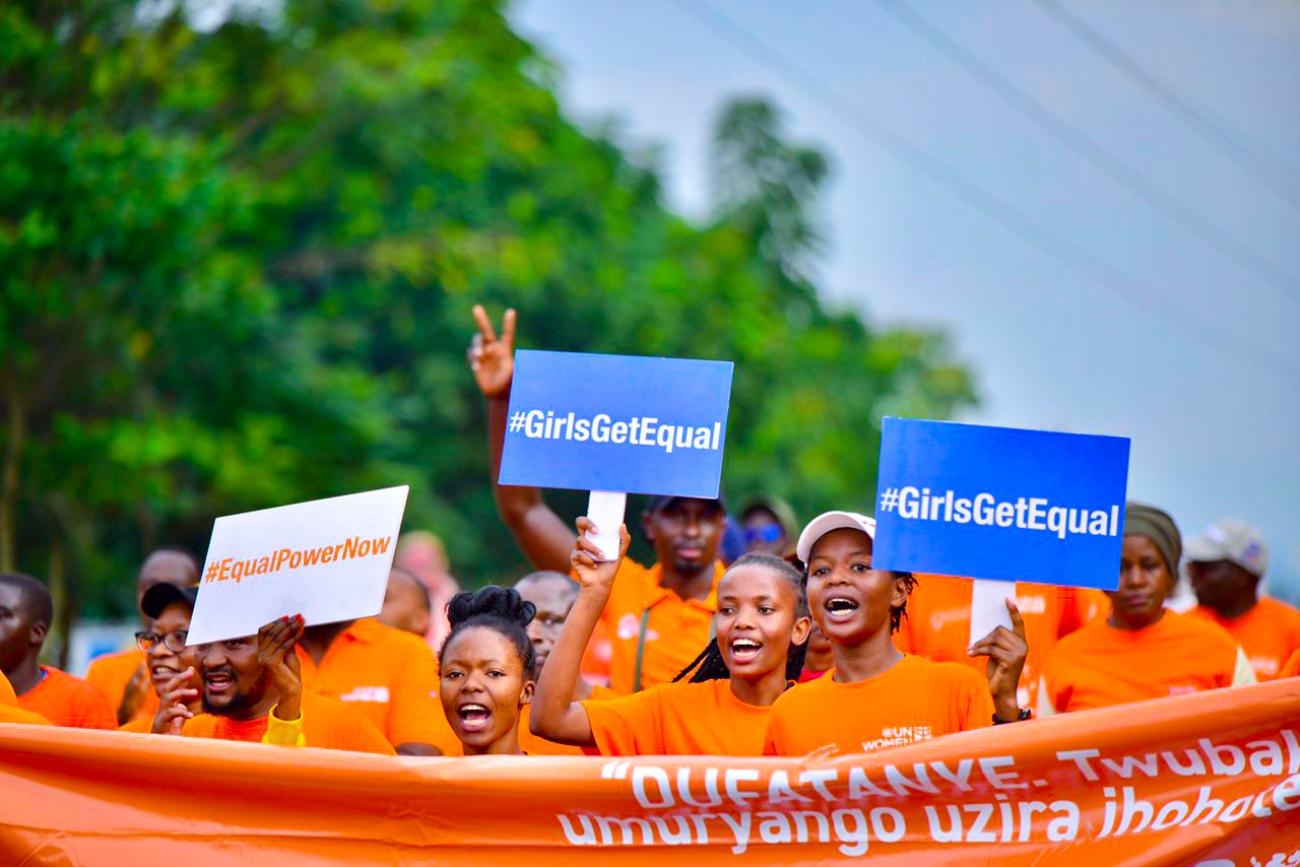
Rwanda’s impressive results are due to strong political commitment and institutional-level accountability for Generation Equality. The government institutions that make up the National Gender Machinery: The Ministry of Gender and Family Promotion (MIGEPROF), the Gender Monitoring Office (GMO), the National Women’s Council (NWC), and the Rwanda Women Parliamentary Forum (FFRP) constitute a uniquely strong and effective mechanism for mainstreaming and monitoring of GEWE.
